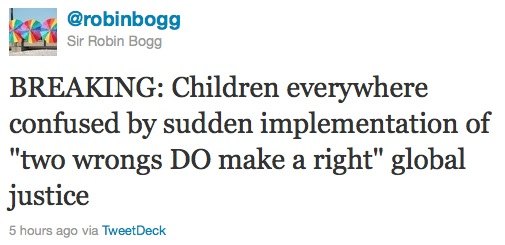Arie Smith-Voorkamp was the face of Christchurch earthquake looting because of the media attention he received. He made it onto at least one of the <insert bad thing here> the looters!12@@#%^## Facebook groups. Shame on the looters! There is no excuse. Who are they to pick on the poor people of Christchurch?
The loot
The story gets interesting when you find out what he is alleged to have stolen. Two light bulbs from an untenanted and vacant building. Police describe the nature of the offending as serious and say that there is a strong public interest in the case. Arie was in jail for 11 days.
Asperger’s
Arie has Asperger’s syndrome which fuels his obsession for all things electrical, including old light fittings. “Sometimes I get that excited about it sometimes I can’t sleep.” He had walked past the building many times, and became fixated on a switch in the shop. Once inside he found that the switch was too modern, but found two light bulbs that he thought he could clean up and display in his house. He says he was not thinking about theft, or the danger he was placing himself in.
Sunday programme
The Sunday programme ran a story about Arie last week, which seemed to excite the Police. Canterbury Central Police Area Commander Inspector Derek Erasmus suggested to the building owners they call TVNZ to try to stop the story going to air.
“On Friday the Sunday programme received an email from Inspector Erasmus advising us that we were under criminal investigation in relation to our story. So we’ll keep you updated on that.”
The victims
Building owners Andrew and Irene Matsis didn’t even know about the “theft” until Sunday contacted them for the story. This seems to contradict the Police calling the offending serious. Surely in serious offending the victims would actually be notified.
“Well since Sunday interviewed the Matsis’ a fortnight ago, senior Police have visited the couple twice. The first time Thursday and again Friday. On Thursday in a press release Inspector Derek Erasmus, said the Matsis’ were now happy for the case to proceed to court, where the matter should be resolved. Sunday spoke to Andrew Matsis just hours ago, he’s happy for the case to go to court but hopes Arie’s name will be cleared.”
On the programme, Andrew says if he knew about the alleged looting he would’ve been angry at Arie for putting himself in danger, not for pinching anything.
Andrew and Irene say they would not have pressed charges if they were contacted by the Police. The interview resulted in the hilarious question: “So… how do you feel about your lightbulbs being stolen?” to which Irene replied: “We do not care about our lightbulbs, he’s welcome to them. And you can tell the Police, I mean we have more important things [to deal with, our] house is falling down and we’re going to worry about light bulbs? No.”
I know stealing is stealing (though is it in this case if the building owners say he is welcome to the light bulbs, abeit after the fact?), but common sense dictates there is a better use of court time and money than to make an example out of someone who offended as a result of a documented disability, who has an unblemished criminal record, and who has already served jail time just because he took a couple of lighting fixtures.
Andrew Matsis: You said you never had any other history of doing anything like that before?
Arie Smith-Voorkamp: No.
AM: First time with the Police?
ASV: Yes.
AM: And they make a court case. What a waste of money.
What do you think? Is there no excuse for looting, no matter the situation?
Image credit: Me
 The death penalty is nothing new but it caught my eye because of Osama Bin Laden
The death penalty is nothing new but it caught my eye because of Osama Bin Laden 